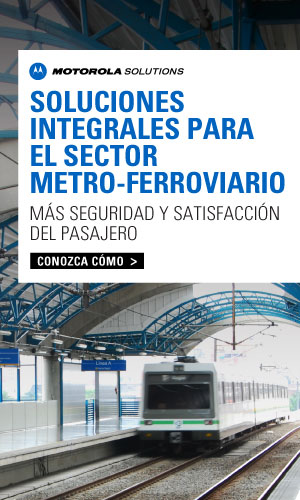
Next week, the Metro de Medellin company will sign a contract with the Fiduciaria Agraria, representatives of the Financiera de Desarrollo Nacional, for the structuring of operational costs of the new Bogota Metro project and the companies hopes that they will one day operate the capitals metro network. The contract granted is worth 232 million and the hope is that Metro de Medellin will be able to identify strategies to reduce the operating costs to minimise the tax burden of the project.

The Costa Rican Institute of Railways (Incofer) have announced that a decision must be reached before September 2015, as to whether the country continues with narrow gauge (1,067 mm) or switch to standard gauge (1,435 mm) for all future projects. According to Santana, although the cost of replacing existing equipment would be substantial, in the long-term, executing future projects with a standard gauge will prove more profitable.

This week during the Republican Congress the Colombian government discussed details National Development Plan, including budgets for the capitals first metro line. The District Government have ensured that by the end of February 2015, conclusions and agreements will be in place in regards to financial structuring for the project.

The first of fifteen Chinese trains that will operate Metro Rio’s Line 4, connecting the Olympic Village to the Copacabana Game Center, has arrived in the city and is expected to be operational by the start of April 2015. Line 4 will run 16 miles and is projected to carry 300,000 passengers per day.

Buenos Aires Subway (SBase) has welcomed the arrival of the first of a batch of 105 new cars from China, which will include air conditioning and greatly increase capacity of Line A. The new rolling stock are stainless steel, have four doors, are equipped with onboard security cameras and can accommodate 133 passengers.
























